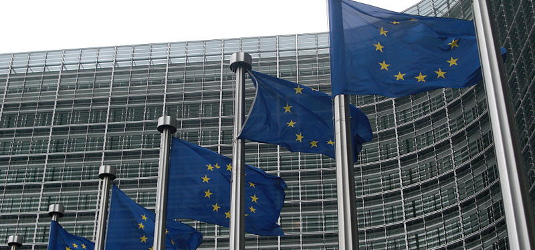The schemes have a provisional budget of €439 million per year and consist of feed in tariffs (FITs) for domestic/commercial rooftops, up to 100 kW in size, and a separate FIT for larger scale installations (100-250 kW and 250 kW+).
The projects that will benefit from the large scale FIT were decided in a tender process, this scheme will develop around 1.1 GW of new PV capacity, while the rooftop FIT is expected to bring about 1.5 GW of new installations.
“These French initiatives will stimulate a greater use of renewable energy sources and provide legal certainty to the sector, while limiting the use of state support,” says Commissioner Margrethe Vestager. “This is a very important balance for Europe in the pursuit of our environmental objectives.”
The two solar schemes, along with another to develop 60 MW in new hydro power plants, were approved by the Commission under EU state aid rules. The Commission concluded that both would boost the share of electricity produced from renewable sources, while minimizing the distortion of competition caused by state support.
After lagging behind many of its European neighbours for several years, France is beginning to catch up on solar deployment, having conducted several tenders for large-scale capacity in 2016. A recent report also highlights several pilot projects and policy changes that could point to the country opening up into one of Europe’s largest markets for renewables partnered with storage.
This content is protected by copyright and may not be reused. If you want to cooperate with us and would like to reuse some of our content, please contact: editors@pv-magazine.com.




Just one question, regarding the article headline
What is it mean to have European Commission to approve one’s countries solar scheme?
Is it a mandatory procedure? or are there other incentives involved when schemes are approved by EC?
Please excuse my short understanding.
Thank you
P